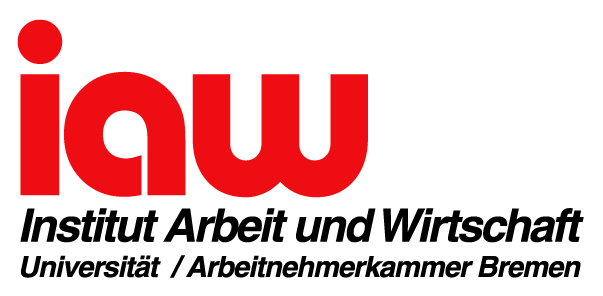Veranstaltungsort | Bremen |
Uhrzeit | 16:00 - 18:00 Uhr |
Veranstaltungsreihe | iaw-Colloquium |
Guest lecture by Prof. Dr. ASTA SAVANEVIČIENĖ and Lecturer Dr. ŽIVILĖ STANKEVIČIŪTĖ
Although human resources and their management are considered as a source of competitive advantage of an organization, however there are some discrepancies between rhetoric and reality. Usually the organizations use the strategies for downsizing, increase labour intensity or fail to create positive relations of cooperation with the employees. This results in an increase in employees' health problems, absence from work due to illness, and a decrease in the positive attitude of employees – organizational commitment and job satisfaction; it becomes increasingly difficult for employees to reconcile work and personal life and to avoid stress. Highlighted trends reveal the necessity for a new way of human resource management (HRM), implicating the dimension of sustainability in HRM, because the axis of the sustainability concept is the preservation of resources, their reproduction and development. However, what we mean by “sustainable HRM”, what are the principles of sustainable HRM? How can we translate sustainable HRM into shared meanings or into measurable outcomes?
The lecture deals with the insights concerning the meaning of sustainable HRM and the principles of sustainable HRM. The empirical results showing the evidence of sustainable HRM in Lithuanian organizations will be provided. Based on the interviews with human resource managers the practices revealing the expression of the principles of sustainable HRM will be highlighted. Based on survey the perceptions of employees and the impact of HRM on employees (as stress, burnout etc.) will be explained.
The lecture will stress new labour law regulations in Lithuania, as these regulations could be related with some negative impact on employees in the long-term period.
The lecture is a part of the project “The regeneration and the strengthening of employees’ mental health: designing a research methodology”. This project of the Baltic-German University Liaison Office is supported by the German Academic Exchange Service (DAAD) with funds from Foreign Office of the Federal Republic Germany.




